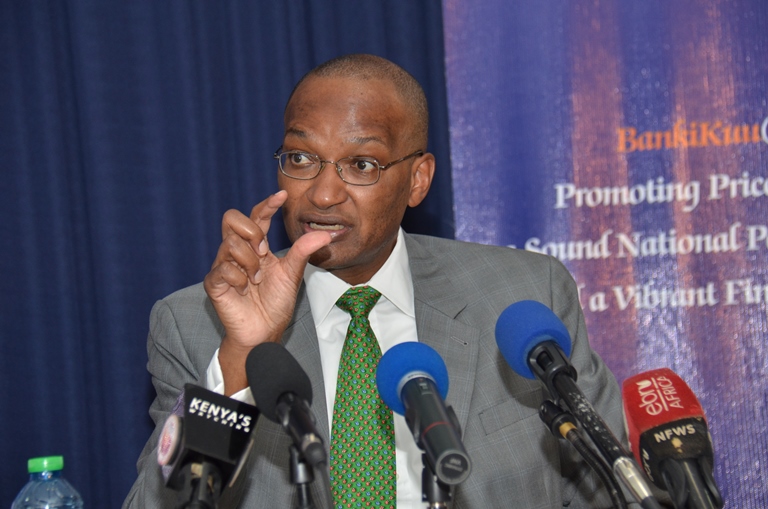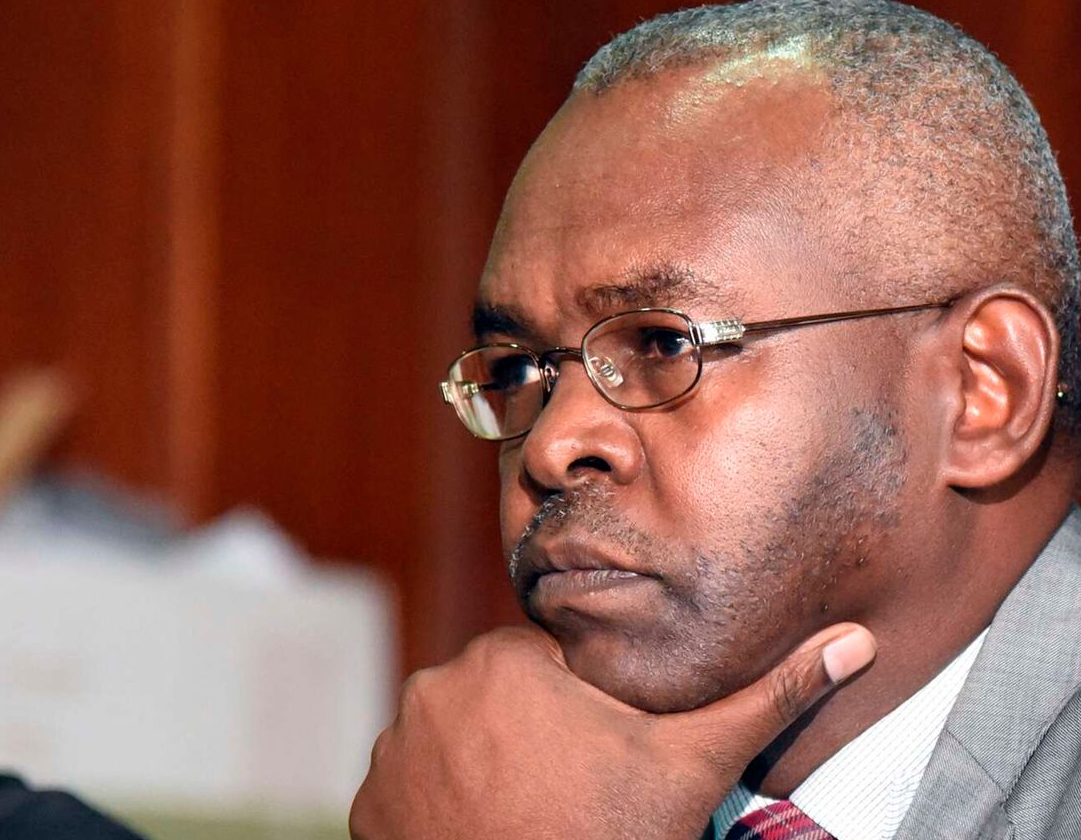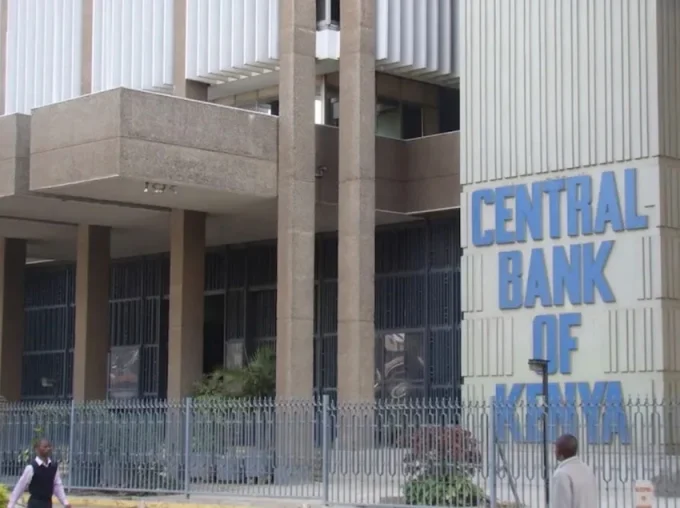The Monetary Policy Committee (MPC) is set to meet tomorrow, the last MPC meeting in 2018, with analysts predicting there is unlikely to be a change in the direction of the Central Bank Rate (CBR), which currently stands at 9.0%.
In an MPC Note, Cytton Investments says of the six factors that they track, one is negative, two are neutral, and three are positive, with no change since the last MPC meeting.
“We believe that the MPC should adopt a wait and see approach, given the macro-economic environment is relatively stable,” the note says.
According to Cytton, despite expectations of inflationary pressure in the remainder of the year as the effects of the various tax policy measures introduced through the Finance Bill 2018 continue to be felt, we do not believe that the pressure is high enough to warrant a policy shift. Inflationary pressure has further been mitigated by the declining food prices due to the improved weather conditions and as such, inflation is expected to be within the government set target of 2.5%-7.5%.
Despite the recent depreciation of the Kenyan Shilling against the US dollar, Cytton also says it has remained relatively stable, reflecting a more stable economic environment, which saw the IMF reclassifying Kenya, from a floating arrangement to stabilized arrangement, in their Annual Report on Exchange Arrangements and Exchange Restrictions released on 30thApril 2018.
“The classification of the arrangement, is primarily based on the degree to which the exchange rate is determined by the market- rather than by official action. For a country to be classified as a stabilized arrangement, the market exchange rate should remain within a margin of 2.0% for 6 months or more with respect to a single currency or a basket of currencies, thus showing the stability of the Kenyan shilling,” it says.
It adds that volatility of the Kenyan shilling has however mainly been cushioned by central Bank’s activities, which has seen the forex reserves decline by 4.4% to USD 8.1 bn from USD 8.4 bn, since the last MPC meeting but still remain high and above the optimal level of reserves for Kenya as per the IMF set at 3.5 months of imports . The ongoing prospects of the Treasury issuing another Eurobond could also eliminate the need for tightening the monetary policy, as it will enhance the forex reserves thus cushioning the shilling.
READ: DAVID MAKALI REVEALS WHY HE IS LEAVING THE STAR
At the same time, private sector credit growth has remained unchanged at 4.3% for the 3 months to September, since the lowering of the CBR to 9.0% in July, higher than the 3.3% average for the 9 months to September 2018 as well as the 2017 average of 2.5% but is still below the 5-year average of 12.6%













1 Comment